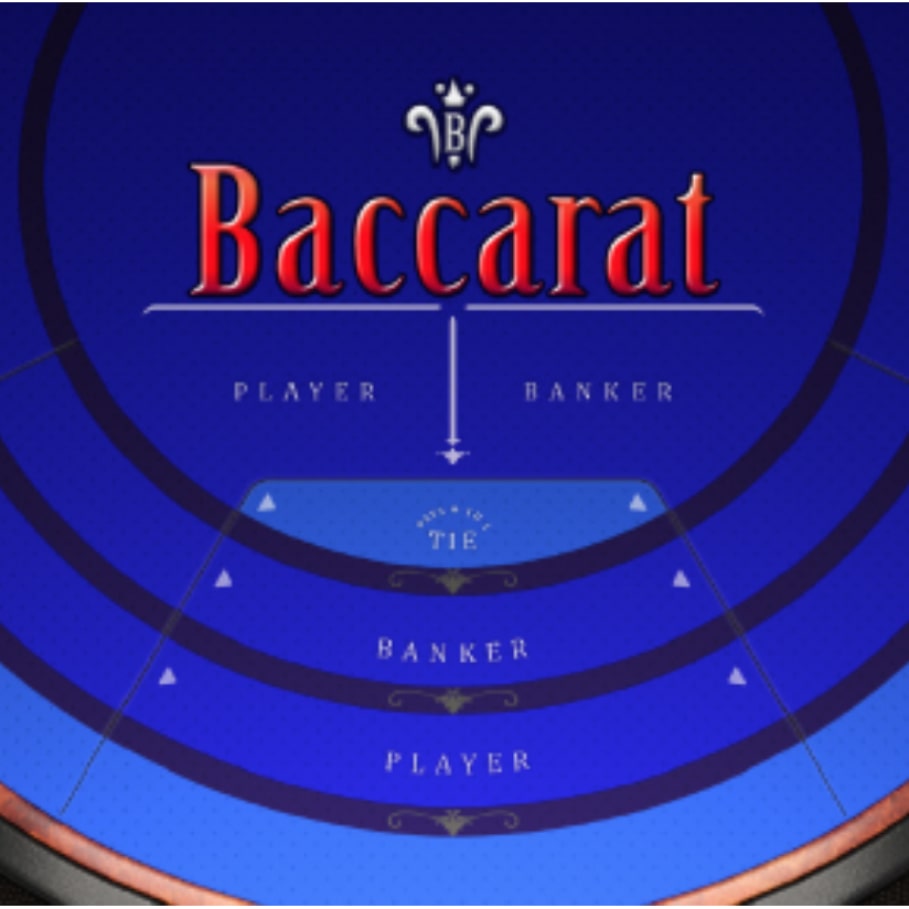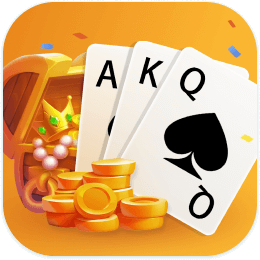When and why was the double zero added to the American roulette wheel?

When and why was the double zero added to the American roulette wheel?

The double zero was added to the American roulette wheel in the mid-19th century. The exact year is not clear, but it is believed to have been added around the 1860s. The reason for its addition was to increase the house edge, making the game more profitable for the casino.
At the time, gambling was not regulated in the United States, and casinos were free to set their own rules and payouts. To increase profits, some casinos began adding an extra slot to the wheel, a double zero, in addition to the standard single zero. This increased the number of possible outcomes, making it more difficult for players to win, and giving the casino a higher edge.
FAQ
What were the original rules and betting options for roulette?
What were the original rules and betting options for roulette? The original rules and betting options for roulette were relatively simple. The game featured a spinning wheel with numbered pockets, typically ranging from 1 to 36. The early versions of the game also featured a single zero pocket, which gave the house a slight edge. In some variations, there was also a double zero pocket, which further increased the house edge.
What is the future of the game of roulette?
What is the future of the game of roulette? One potential future for roulette is the integration of virtual and augmented reality technologies. This would allow players to immerse themselves in a virtual casino environment and enjoy a more realistic and engaging gaming experience. Another potential future for roulette is the continued growth of online gaming. As more and more people turn to the internet for their gaming needs, online casinos are likely to become even more popular.
When and where was the game of roulette first played?
When and where was the game of roulette first played? The game as we know it today first appeared in Paris in 1796, and quickly gained popularity throughout Europe, especially in the casinos of Monte Carlo. The addition of the zero by Francois and Louis Blanc in the mid-19th century helped to increase the house edge and make the game more profitable for casinos.
Who invented the game of roulette?
Who invented the game of roulette? The exact origins of roulette are a subject of much debate and speculation among historians and gambling enthusiasts. While there is no clear consensus on the game’s inventor, several theories exist regarding its creation. One of the most popular theories is that the game was invented by a French mathematician named Blaise Pascal in the 17th century. According to this theory, Pascal was attempting to develop a perpetual motion machine when he inadvertently created the roulette wheel.
Are sweeps coins real money?
Are Sweeps Coins Real Money? No. Sweeps Coins (SC) and Gold Coins (GC) are tokens online Sweepstakes sites use for gaming. GC has no real value.
Can you win real money on Myjackpot?
A player cannot play with real money or a real currency and cannot win real money or a real currency. The games presented at this site are for entertainment purposes only.
Is there a real online casino that pays out?
You ask: What is a “sweepstakes casino”? It’s a social online casino — which is a website or app where people can play digital and live-dealer casino games online — that offers sweepstakes promotions.2 days ago
What were the original rules and betting options for roulette?
What were the original rules and betting options for roulette? The original rules and betting options for roulette were relatively simple. The game featured a spinning wheel with numbered pockets, typically ranging from 1 to 36. The early versions of the game also featured a single zero pocket, which gave the house a slight edge. In some variations, there was also a double zero pocket, which further increased the house edge.
What is WPT Global in UK?
WPT Global is an extension of the World Poker Tour (WPT), a renowned series of professional poker tournaments. It focuses on providing an online poker platform that allows players to participate in various poker games and tournaments. Key Features of WPT Global 1.Online Poker Games: Offers a variety of poker formats, including Texas Hold’em, Omaha, and more. 2.Tournaments: Hosts regularly scheduled tournaments with various buy-ins, including satellite tournaments that can lead to larger live events.


































































































































































































